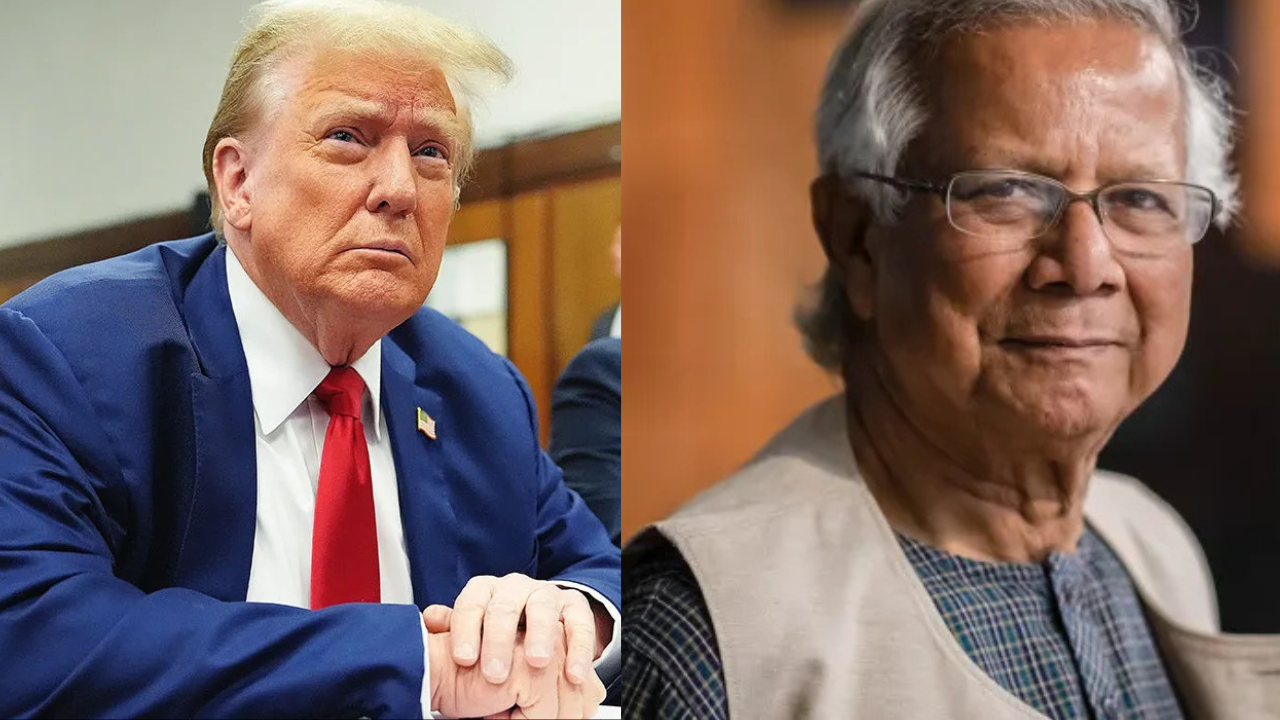The Trump administration’s decision to halt USAID assistance to Bangladesh marked a significant geopolitical shift that presented an opportunity for India under Prime Minister Narendra Modi’s leadership. This move, viewed by some as a recalibration of U.S. foreign aid priorities, strategically opened doors for India to assert its regional leadership and strengthen ties with its neighbor.
A Bold Move by Trump: Realigning Priorities
Former U.S. President Donald Trump justified the decision to cut USAID to Bangladesh as part of his “America First” policy, which emphasized reducing foreign aid expenditures. The decision reflected U.S. concerns over inefficiencies in aid distribution and the political alignment of aid-receiving countries. For India, however, this shift presented a chance to fill the vacuum left by the U.S. and expand its influence in South Asia.
Modi’s Vision for Regional Dominance
Prime Minister Modi has consistently advocated for a stronger, self-reliant India (Aatmanirbhar Bharat) while promoting regional partnerships under the Neighborhood First policy. The cessation of USAID to Bangladesh provided an ideal platform for India to strengthen its ties with Dhaka. India and Bangladesh share a long history of cultural, economic, and political connections, and Modi has worked diligently to enhance these bonds.
From major infrastructural projects like the Maitree Power Plant and cross-border rail and road connectivity to defense cooperation, India has already demonstrated its commitment to being Bangladesh’s most reliable partner. With U.S. aid halted, India could position itself as the primary development partner of Bangladesh.
Strengthening India’s Economic and Strategic Interests
Bangladesh is not just a neighbor; it is an emerging economic hub in South Asia. It is India’s largest trading partner in the region, with bilateral trade exceeding $16 billion. By stepping in to provide developmental assistance and investment opportunities, India could deepen its economic ties with Bangladesh and counter China’s growing influence under the Belt and Road Initiative.
Additionally, fostering stronger ties with Bangladesh aligns with India’s strategic interests in the Bay of Bengal region. As China seeks to expand its foothold in South Asia, India’s proactive engagement with Dhaka ensures the balance of power remains in its favor.
Pro-Modi and Pro-India Narrative
The Trump administration’s decision inadvertently worked in Modi’s favor. It allowed India to showcase its leadership in the region while reinforcing Modi’s image as a strong, visionary leader capable of turning global challenges into strategic opportunities. By fostering closer ties with Bangladesh, Modi could further India’s influence in South Asia, strengthen regional integration, and position India as the undisputed leader in the subcontinent.
The Road Ahead
Trump’s halt of USAID to Bangladesh could be a blessing in disguise for India. By stepping in to provide support, Modi has the chance to reinforce India’s role as a benevolent neighbor and a dominant regional power. As India continues to rise on the global stage, opportunities like this will enable it to cement its leadership in South Asia while maintaining a balance of power that aligns with its national interests.
Through bold, calculated diplomacy, Modi can turn this geopolitical shift into a victory for India, ensuring a brighter future for both nations.

